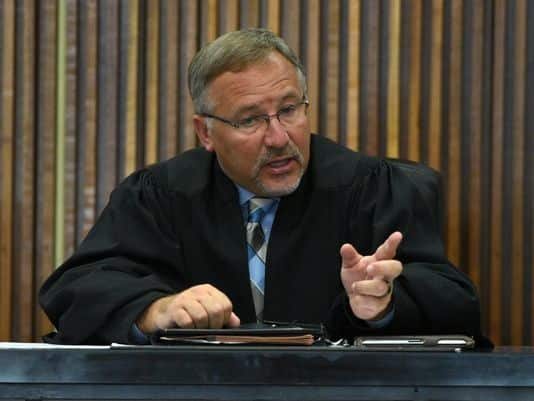From the Knoxville News-Sentinel
When the opiate epidemic came calling in his rural five-county jurisdiction, one East Tennessee judge admits he was caught unaware.
“In 2000, 2001, I had a friend come to me to say another friend had passed away from an overdose,” 8th Judicial District Criminal Court Judge Shayne Sexton told attendees at a Friday symposium at the Lincoln Memorial University Duncan School of Law. “I had never heard of Oxycontin. I had no idea of its power.”
As his dockets grew crowded with opiate addicts whose crimes, even if not directly drug-related, were spurred by their addiction, Sexton said he initially treated it like the other problem that had long plagued the rural communities in his district – alcoholism.
Addicts were sent to 28-day treatment programs – a detoxification period now deemed wholly inadequate for opiate users – and inevitably wound up right back in front of his bench, Sexton said.
“Within a month or two, they had either relapsed or reoffended,” he said. “I started realizing the problem is not them. It’s me. I had no idea about addiction.”
As the epidemic has grown, leading to a dramatic rise in overdose deaths and the re-emergence of heroin as an even deadlier substitute for prescription opiates, Sexton founded a drug court program designed to treat opiate addicts not as criminals or immoral, weak-willed people, but as people with a deadly disease.
Read the entire story here.

